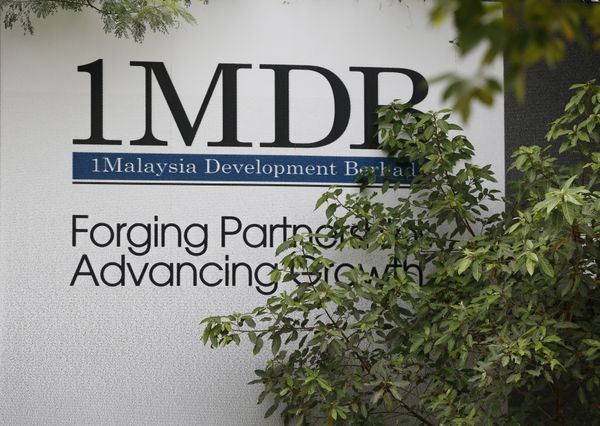By Sofia Nasir
SHAH ALAM, July 20 — Ten years ago today, the 1Malaysia Development Bhd (1MDB) scandal shook the nation with a four-page exposé published by The Edge.
Although rumours of irregularities had circulated before, the four-page report on July 20, 2015, marked a turning point.
What followed — from international asset seizures to domestic reforms — continues to shape public institutions and policies to this day.
For former Malaysian Anti-Corruption Commission (MACC) deputy chief commissioner (Prevention) Datuk Seri Mustafar Ali, who was directly involved in the early investigations, the episode offered a hard-earned lesson.
“It was a blessing in disguise, although it should never have happened,” he told Media Selangor in an exclusive interview.
“It created an educational element for the public. When the question arose, ‘What is it?’ then it became our responsibility (to explain and raise awareness among the community).”
The scandal, which exposed large-scale money laundering and abuse of state funds, also heightened public understanding of financial crimes and led to the establishment of the National Financial Crime Centre (NFCC) in 2019, with Mustafar as its founding director-general.
Charged with tracing and recovering assets purchased with 1MDB funds, the NFCC coordinated with the MACC, the Royal Malaysian Police (PDRM), Bank Negara Malaysia (BNM) and the Attorney General’s Chambers (AGC).
[caption id="attachment_408423" align="aligncenter" width="807"] Malaysian Institute of Integrity board member Datuk Seri Mustafar Ali at the National Financial Crime Centre (NFCC), Putrajaya, on July 11, 2025. — Picture by MOHD KHAIRUL HELMY MOHD DIN/MEDIA SELANGOR[/caption]
Malaysian Institute of Integrity board member Datuk Seri Mustafar Ali at the National Financial Crime Centre (NFCC), Putrajaya, on July 11, 2025. — Picture by MOHD KHAIRUL HELMY MOHD DIN/MEDIA SELANGOR[/caption]
“It hasn’t been easy. We had to trace assets located overseas and rely on legal avenues to recover them. This was done in collaboration with the MACC, PDRM, BNM, and AGC.
“There are assets in the United States, France, and the United Kingdom, all of which we have worked to recover. Once the assets are liquidated in those countries, the funds are returned. This includes the settlement with Goldman Sachs,” he said.
Mustafar also played a central role in drafting the National Financial Crime Prevention Act (Act 822), which was passed in 2020 to enhance the country’s ability to combat illicit financial activity.
As of March this year, the MACC reported that RM14.6 million had been returned to the government, bringing the total value of recovered 1MDB assets to RM29.7 billion, nearly 70 per cent of the RM42 billion believed to have been misappropriated.
Universiti Putra Malaysia’s Department of Nationhood and Civilisation Studies senior lecturer Fairuzzaman Shaharuddin of said the past decade has seen real gains in public governance and political accountability.
“I see positive developments in the country’s administrative policies. There are many encouraging signs, particularly with the MACC, which has been very active in tackling corruption regardless of political affiliation.
“For example, the proposed legislation on political funding, from a policy standpoint, I believe it’s a very good move and shows genuine efforts to prevent such issues from recurring,” he said.
He said the proposed legislation on political financing is a step forward, but stressed that policy alone is not enough.
Asked whether a scandal of such scale could happen again, Fairuzzaman said the answer depends less on laws and more on values.
To protect those who do speak up, he urged the government to strengthen the Whistleblower Protection Act 2010 (Act 711), calling for more robust, coordinated safeguards to ensure whistleblowers are not left vulnerable.
“There’s always a risk if leaders and citizens lack integrity. If we turn a blind eye to poor governance or fail to speak out, it could happen again,” he warned.




